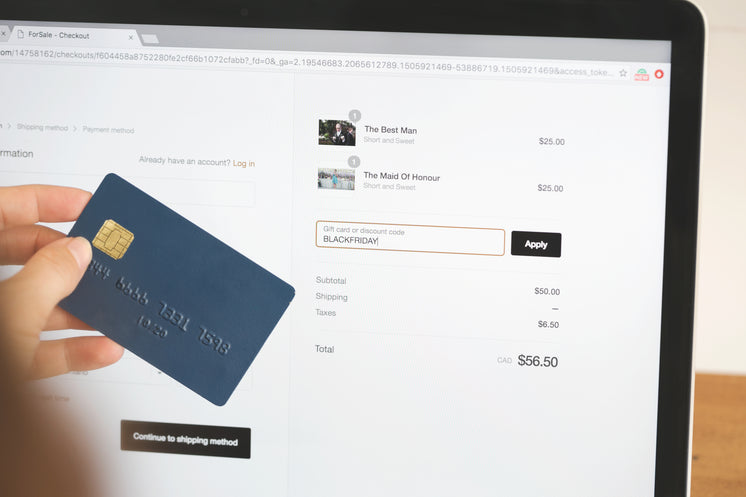bzzshelley2867
About bzzshelley2867
Exploring the Landscape of No Credit Loans: An Observational Examine
Within the contemporary monetary ecosystem, access to credit is commonly a pivotal issue determining a person’s ability to make significant purchases, spend money on alternatives, and even meet everyday bills. However, for a considerable phase of the inhabitants, conventional credit score avenues stay elusive attributable to a scarcity of established credit score history. This phenomenon has given rise to a burgeoning market for loans with no credit checks, a monetary product designed to cater to individuals who may be deemed high-threat by standard lending standards. This observational analysis article aims to delve into the characteristics, implications, and client behaviors surrounding no credit loans.
Understanding No Credit Loans
No credit loans, also referred to as unhealthy credit score loans or payday loans, are monetary merchandise that don’t require a credit score test as a part of the appliance process. These loans are sometimes marketed to individuals with poor credit histories or those who are new to credit score and have but to establish a credit score rating. The absence of a credit score check permits these lenders to extend credit to a broader viewers, albeit usually at higher interest charges and fewer favorable phrases in comparison with conventional loans.
The Market Dynamics
The no credit score loan market has seen significant development over the previous decade, pushed by financial elements corresponding to rising living costs, stagnant wages, and elevated financial instability. Many individuals turn to those loans as a quick resolution to fast financial wants, equivalent to medical emergencies, automobile repairs, or unexpected bills. In line with recent research, the demand for no credit score loans has surged, with many borrowers citing the shortcoming to access traditional credit score as a primary purpose for their reliance on these merchandise.
Borrower Demographics
Observational knowledge signifies that borrowers of no credit loans often belong to particular demographic teams. Many are young adults, often in their twenties or thirties, who could also be simply starting their monetary journeys. This demographic is ceaselessly characterized by restricted credit history, typically on account of elements similar to scholar loans, lack of employment historical past, or financial training. Additionally, low-earnings people and those residing paycheck to paycheck are also significant users of no credit loans, as they might lack the monetary buffer to absorb unexpected expenses.
Loan Phrases and Situations
One of many defining options of no credit loans is their terms and situations. These loans usually come with excessive-curiosity rates, quick repayment durations, and additional charges, which can lead to a cycle of debt for borrowers. Research indicates that many people don’t absolutely understand the implications of these terms, typically main them to take on loans that they can’t realistically repay. Observational research have shown that a big proportion of borrowers end up rolling over their loans, incurring extra charges and extending their debt burden.
The Psychological Aspect
The decision to take out a no credit score mortgage is usually influenced by psychological components, including monetary stress and the urgency of need. Borrowers ceaselessly report feeling overwhelmed by their monetary situations, resulting in impulsive decisions concerning loans. The stigma associated with poor credit score can also contribute to a sense of desperation, driving people to hunt down these loans despite the potential financial pitfalls. Observational analysis highlights the significance of monetary literacy in mitigating these points, as many borrowers lack the data to make informed decisions about their borrowing choices.
Different Solutions
In response to the rising demand for no credit score loans, varied different lending options have emerged in recent times. Peer-to-peer lending platforms, credit unions, and community-based mostly lending initiatives aim to supply more favorable phrases and conditions for people with poor credit score histories. These alternate options typically emphasize accountable lending practices and financial training, empowering borrowers to make informed selections. Observational information means that borrowers who have interaction with these alternate options usually expertise better monetary outcomes and improved credit score scores over time.

The Role of Technology
Expertise has performed a pivotal position in shaping the no credit mortgage panorama. On-line lending platforms have streamlined the applying process, allowing borrowers to entry funds rapidly and conveniently. Nevertheless, this ease of entry may also exacerbate the risks related to no credit loans, as individuals may be tempted to borrow more than they’ll afford. Observational research point out that whereas expertise has increased entry to credit, it has additionally contributed to a tradition of impulsive borrowing, particularly among youthful consumers.
Regulatory Perspectives
The rise of no credit score loans has prompted regulatory scrutiny, as policymakers search to steadiness consumer safety with the need for accessible credit score. In some jurisdictions, laws have been applied to cap curiosity charges and charges associated with these loans, aiming to forestall predatory lending practices. Observational research means that whereas these rules might help protect customers, they may lead to a reduction in the availability of no credit score loans, leaving some people with out viable options for credit score.
Conclusion
The landscape of no credit loans presents a complex interplay of accessibility, threat, and consumer habits. In the event you adored this short article and also you desire to be given more information regarding 2 month loans no credit check generously go to the page. As the demand for these loans continues to develop, it is crucial for borrowers to concentrate on the potential pitfalls and to hunt down various options that prioritize financial training and responsible borrowing. Observational analysis highlights the need for continued dialogue around the implications of no credit loans, as nicely as the importance of fostering a extra inclusive financial ecosystem that accommodates individuals with numerous credit histories. As we transfer forward, it’s crucial to strike a stability between offering access to credit and making certain that borrowers are equipped with the information and assets to make informed financial choices.
No listing found.
